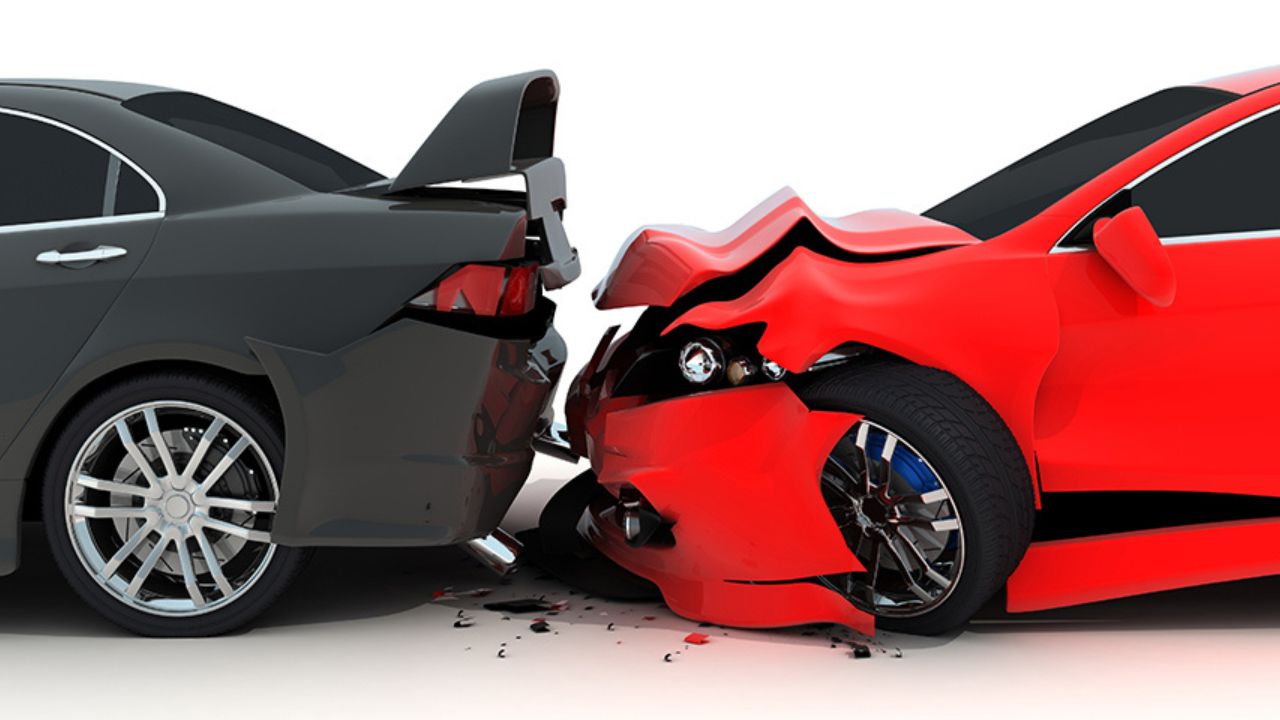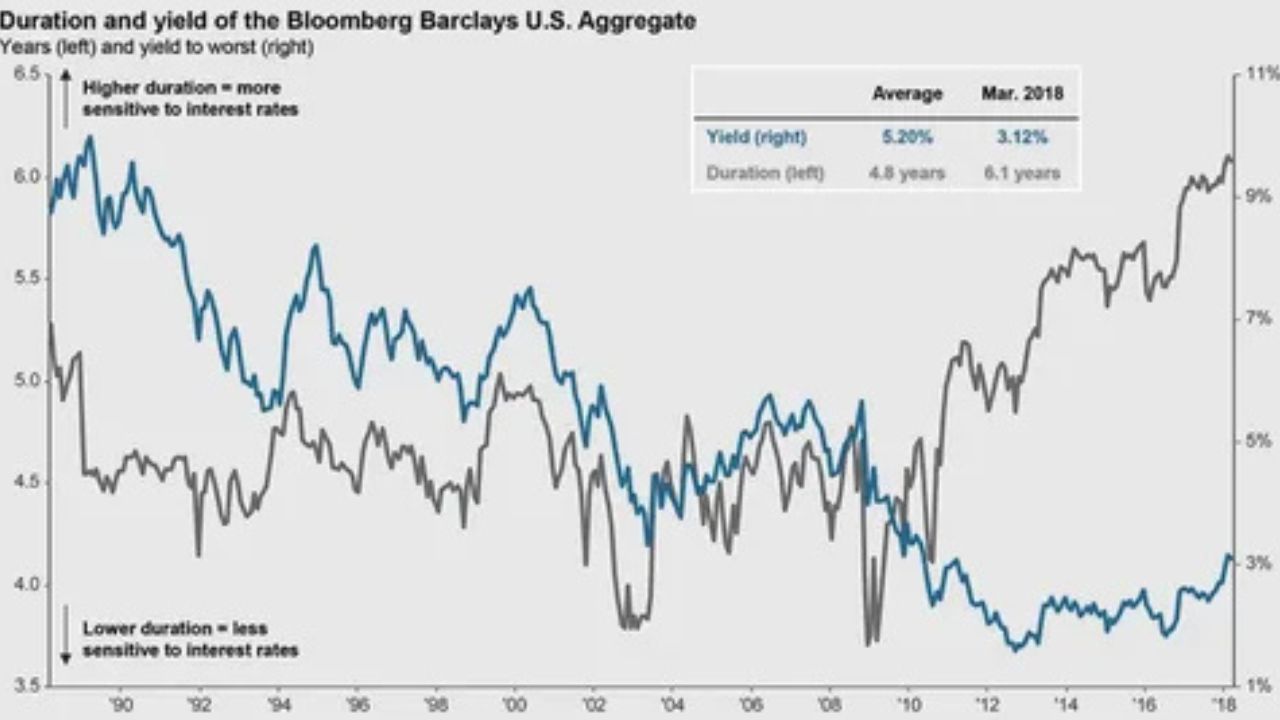Collision coverage is an essential part of auto insurance that pays for repairs or replacement of your vehicle if it’s damaged in a collision, regardless of fault. It protects against financial losses from accidents, ensuring your vehicle can be repaired or replaced promptly.
What Does Collision Coverage Include?
Collision coverage is auto insurance that pays for repairs or replacement of your vehicle if it is damaged in an accident, regardless of who is at fault. This includes accidents with other cars, objects like fences or trees, and single-car accidents where you might flip or roll your vehicle.
What is Not Covered by Collision Coverage?
Collision coverage is designed specifically for damages resulting from car accidents. However, it doesn’t only cover some things. Damages due to theft, vandalism, fire, natural disasters, or hitting an animal fall under comprehensive coverage, not collision. Additionally, collision coverage doesn’t cover medical expenses, legal fees, or damages to another person’s vehicle. These situations require other types of insurance, such as comprehensive liability or personal injury protection (PIP).
Differences Between Collision and Comprehensive Coverage
While collision and comprehensive coverage are essential parts of auto insurance, they serve different purposes. Collision coverage specifically addresses damage to your vehicle from accidents, such as hitting another car or an object like a tree or a fence. It ensures your car is repaired or replaced regardless of fault.
In contrast, comprehensive coverage protects against non-collision-related incidents, including theft, vandalism, natural disasters, and animal hitting. Collision coverage deals with damages from driving incidents, while comprehensive handles other types of unexpected damage, ensuring broad protection for your vehicle.
Why You Need Collision Coverage
Protection Against Unforeseen Accidents
Accidents happen when you least expect them, and they can leave you dealing with significant repair costs. Collision coverage covers these unexpected expenses, ensuring you aren’t left stranded with a damaged vehicle and a hefty repair bill. It provides a financial safety net, allowing you to focus on recovery without the added stress of high costs.
Financial Security and Peace of Mind
Collision coverage provides financial security by covering the cost of repairs or replacement of your vehicle after an accident, thus preventing unexpected out-of-pocket expenses. This insurance not only safeguards your finances but also offers peace of mind, knowing you’re protected against the high costs associated with vehicle damage, allowing you to drive with confidence and less stress.
How Collision Coverage Works
Filing a Claim
When you’re involved in an accident, the first crucial step is filing a claim with your insurance company. This process involves notifying your insurer about the incident, providing necessary details such as the accident’s date, time, and nature, and submitting any relevant documentation or evidence.
The insurance company will then assess the claim, determine the extent of coverage, and guide you through the steps needed to repair or replace your vehicle. Timely and accurate claim filing ensures a smoother and quicker resolution, helping you get back on the road with minimal hassle.
Deductibles and How They Affect Your Coverage
Deductibles play a significant role in determining your collision coverage’s overall cost and effectiveness. A deductible is the amount you agree to pay out-of-pocket before your insurance kicks in. Opting for a higher deductible can lower your monthly premiums but will increase your expenses if an accident occurs.
Conversely, a lower deductible means higher premiums but less financial strain during a claim. Understanding this balance is crucial for selecting the right coverage for your needs.
Steps After an Accident
Safety is the top priority after an accident:
- Ensure everyone is safe and seek medical attention if needed.
- Document the scene by taking photos and writing detailed notes. Exchange information with the other driver and, if possible, gather witness statements.
- Contact your insurance company to start the claims process and get a repair estimate.
Who Should Consider Collision Coverage
New Car Owners
New car owners, especially those with significant vehicle investments, should consider collision coverage indispensable. It ensures protection against financial loss from potential accidents, safeguarding their new asset. Whether a minor fender bender or a major collision, this coverage provides peace of mind, ensuring the vehicle remains in prime condition without incurring hefty out-of-pocket expenses.
High-Risk Drivers
High-risk drivers are individuals more likely to be involved in accidents due to various factors. These can include a history of traffic violations, multiple previous accidents, or DUI convictions. Younger and inexperienced drivers and those with poor credit scores are often categorized as high-risk.
Insurance companies typically charge higher premiums to these drivers to offset the increased likelihood of claims. Collision coverage is particularly important for high-risk drivers to ensure they are financially protected in an accident.
Drivers with Long Commutes
Drivers with long commutes should consider collision coverage due to the increased time spent on the road, which raises the risk of accidents. This coverage helps pay for repairs or replacement of their vehicle after an accident, providing financial protection and peace of mind for those who drive significant distances daily.
Cost of Collision Coverage
Factors Affecting the Cost
Factors affecting the cost of collision coverage include the vehicle’s make, model, and age, the driver’s age, driving history and location, the deductible amount chosen, and the overall coverage limits. Insurers also consider the frequency of claims in your area and your credit score when determining premium rates.
How to Save on Collision Coverage
To save on collision coverage, increase your deductible, maintain a clean driving record, bundle policies with the same insurer, and take advantage of discounts for safety features and low mileage. Shop around and compare quotes from multiple insurers to find the best rate. Regularly review and adjust coverage as your vehicle’s value decreases.
Comparing Rates from Different Insurers
Comparing rates from different insurers involves gathering quotes from multiple companies and considering coverage options, deductibles, and discounts. Use online comparison tools, consult independent agents, and review customer ratings for service quality. Assess the overall value, not just the price, to ensure comprehensive coverage that effectively fits your needs and budget.
Collision Coverage and Leasing/Financing
Lender Requirements
Lenders often require borrowers to have collision coverage to protect their financial interest in the vehicle. This ensures that any damages from accidents can be repaired, maintaining the car’s value. Full coverage, including collision and comprehensive insurance, is typically mandated until the loan is fully paid off or the lease term ends.
Protecting Your Investment
Collision coverage protects your investment by covering repair or replacement costs if your vehicle is damaged in an accident. This prevents significant out-of-pocket expenses, maintains your car’s value, and ensures you can continue driving without financial strain. It’s especially crucial for new, financed, or leased vehicles where maintaining the car’s value is essential.
About Collision Coverage
“It’s Not Necessary for Older Cars”
Collision coverage may not be necessary for older cars with low market value, as the cost of premiums could exceed potential payouts. Consider your vehicle’s worth and your ability to cover repairs or replacement out-of-pocket. Dropping collision coverage on an older car can save money if the savings outweigh the benefits of the coverage.
“My Comprehensive Coverage Will Handle It”
Comprehensive coverage handles non-collision incidents like theft, fire, or natural disasters but doesn’t cover damage from accidents. Collision coverage is needed for repairs or replacement if you’re in an accident, regardless of fault. Both types of coverage are essential for complete protection against various risks to your vehicle.
“It’s Too Expensive”
While collision coverage can be costly, it offers valuable financial protection in case of an accident. Weigh the premium costs against potential out-of-pocket expenses for repairs or replacement. Consider increasing your deductible, maintaining a good driving record, and comparing quotes to find affordable options without sacrificing necessary coverage.
Benefits of Collision Coverage
Quick Repairs After an Accident
Collision coverage facilitates quick repairs after an accident by covering the costs of fixing or replacing your vehicle. This ensures minimal downtime and inconvenience. Access to reputable repair shops approved by your insurer can expedite the process, getting you back on the road sooner and restoring your vehicle to its pre-accident condition efficiently.
Hassle-Free Claim Process
A hassle-free claim process with collision coverage involves:
- Promptly reporting the accident to your insurer.
- Providing necessary documentation such as photos and police reports.
- Cooperating with adjusters.
Insurers aim to streamline the process, offering guidance and support, ensuring smooth communication and timely resolution to minimize disruptions and facilitate quick vehicle repairs or replacement.
Protection Regardless of Fault
Collision coverage provides protection regardless of fault in an accident. It covers the cost of repairing or replacing your vehicle, whether you caused the accident or not. This ensures you’re financially protected from vehicle damage expenses, allowing you to focus on recovery without worrying about who was at fault for the collision.
Collision Coverage Limitations
Coverage Limits
Collision coverage has coverage limits that dictate the maximum amount the insurer will pay for vehicle repairs or replacement after an accident. These limits are specified in your insurance policy and can vary based on factors like the insured vehicle’s value and policy terms. It’s crucial to understand and review these limits when selecting coverage.
Exclusions and Conditions
Collision coverage may have exclusions such as intentional damage, racing, or using the vehicle for hire. Conditions typically include reporting accidents promptly, cooperating with investigations, and adhering to policy terms. Review your policy for specifics, as exclusions and conditions can vary by insurer. Understanding these details ensures you know what is and isn’t covered under your collision coverage.
How to Choose the Right Collision Coverage

Assessing Your Needs
When assessing your need for collision coverage, consider factors like your vehicle’s value, your financial ability to cover repairs or replacements, and local accident rates. Evaluate the cost of premiums versus potential out-of-pocket expenses. Collision coverage offers crucial protection for newer or financed vehicles, while older cars with lower values may not justify the expense.
Consulting with Insurance Agents
Consulting with insurance agents can provide valuable insights into collision coverage options tailored to your needs. Agents can explain coverage details, assess your risk factors, and recommend suitable deductibles and limits. They help navigate policy complexities, compare quotes from multiple insurers, and ensure you understand the benefits and costs of different coverage options.
Reviewing Policy Details
Reviewing policy details is crucial to fully understanding your collision coverage. Focus on coverage limits, deductibles, exclusions, and conditions. Verify specifics like handling claims, approved repair facilities, and additional benefits or discounts. Regularly reviewing your policy ensures it aligns with your current needs and provides adequate protection in an accident.
Conclusion
Collision and comprehensive coverage are essential components of auto insurance, each serving distinct purposes. Collision insurance covers damages to your vehicle from accidents, regardless of fault, ensuring prompt repairs or replacement. Understanding collision coverage costs, deductible differences, and policy limits like those from Progressive helps tailor your insurance to your needs. Evaluating whether to maintain collision insurance on older vehicles involves considering factors such as vehicle value and potential repair costs versus premiums paid.
FAQ
What is Collision Insurance Coverage?
Collision insurance is coverage that can pay to repair or replace your vehicle if it’s involved in an accident with either a stationary object or another vehicle. Collision coverage isn’t legally required in any state, but your lender may require it if you’re leasing or financing your car.
Collision Insurance is coverage that pays the cost of repairing or replacing your vehicle if it is damaged in an accident, regardless of who is at fault. This includes collisions with another car or an object, like a guardrail or a tree.
What is collision coverage coverage?
Collision coverage is an insurance policy that pays for repairs or replacement of your vehicle if it’s damaged in a collision, regardless of fault. It protects your vehicle from accident-related damages, providing financial security and peace of mind.
What is collision, and what does it cover?
Collision insurance covers damage to your vehicle caused by colliding with another vehicle or object. It pays for repairs or replacement of your car, regardless of fault. This coverage ensures financial protection for accidents that cause physical damage to your vehicle.
What is the difference between collision and comprehensive?
Collision insurance covers damage to your vehicle from collisions with other cars or objects. Conversely, comprehensive insurance covers non-collision incidents such as theft, fire, or natural disasters. Together, they provide broad protection for various risks to your vehicle.
Is it important to have collision insurance?
Collision insurance is crucial if you want financial protection for repairing or replacing your vehicle after an accident, regardless of fault. It provides peace of mind and ensures you can affordably handle unexpected road damage.
How does a collision deductible work?
A collision deductible is the amount you must pay out of pocket before your collision coverage kicks in to cover repairing or replacing your vehicle. When you purchase your insurance policy, you choose this deductible amount, typically $250 to $1,000 or more.






